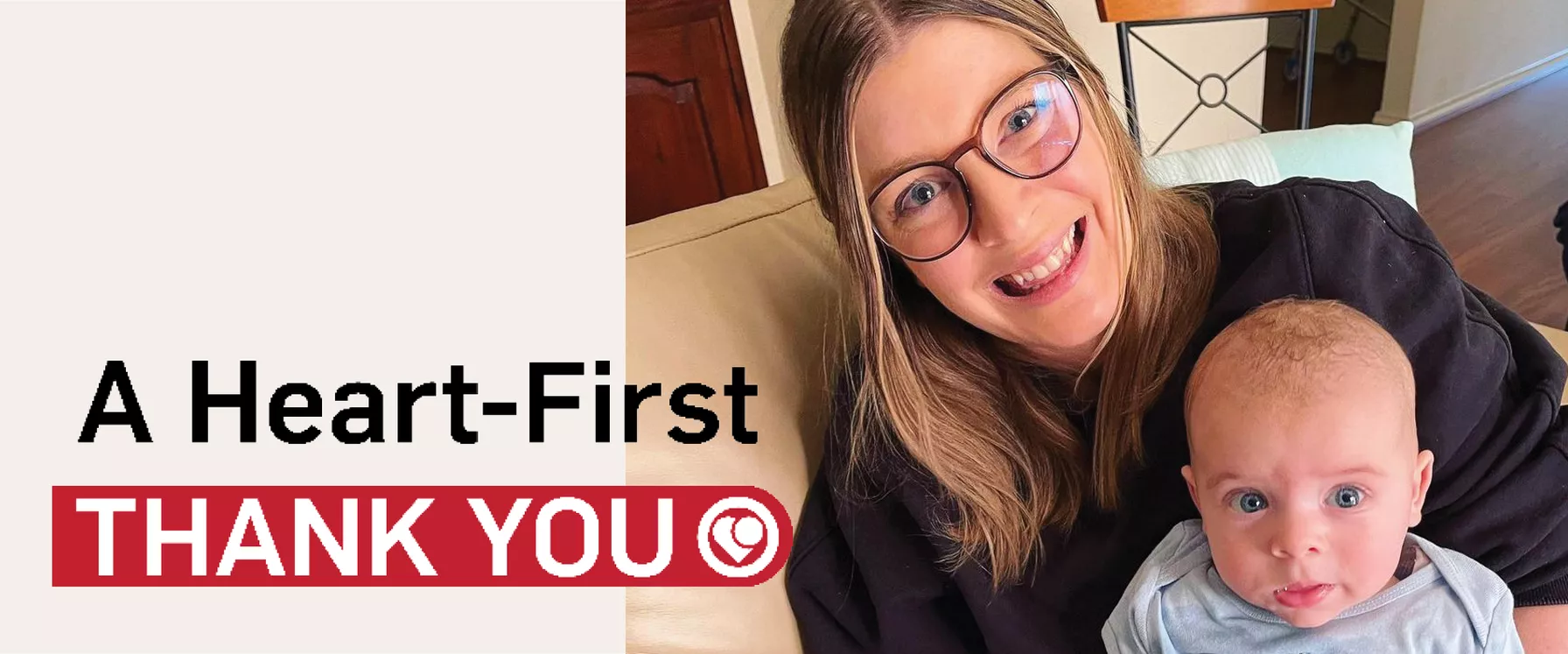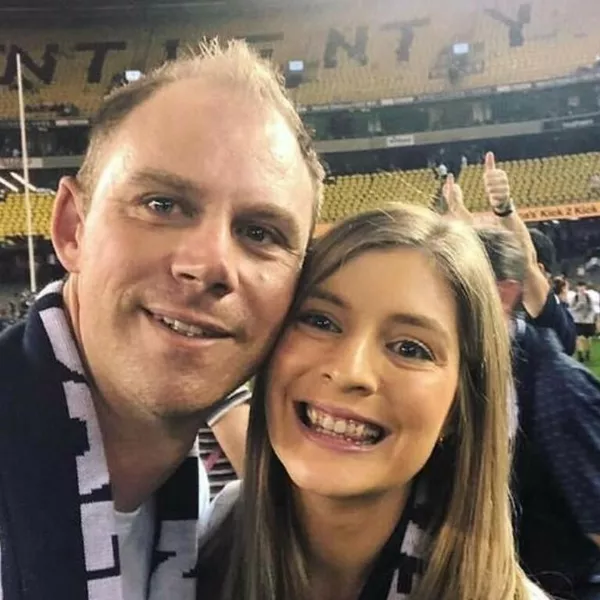
These are just some of the breakthroughs you have made possible.
Improving the lives of children born with congenital heart disease (CHD)
Congenital heart disease (CHD) is the most common congenital disorder, affecting one in every 100 babies. Despite this, there is an overall lack of understanding of the consequences of CHD for babies as they grow up, and more than half of those living with CHD get lost in the system when their care is transferred from a children’s hospital to an adult one. The rate of serious complications is more than three times higher if people living with CHD do not receive ongoing, expert care.
Your kindness has helped launch the Congenital Heart Alliance of Australia and New Zealand (CHAANZ) CHD Registry, run in conjunction with Auckland City Hospital, Starship Children’s Hospital Auckland. This Registry will collect demographic and clinical data on CHD cases in children and adults from sites across New Zealand and Australia, helping to ask and answer questions about the impact of CHD and how to ensure the best possible medical care and social support is provided to people living with CHD.
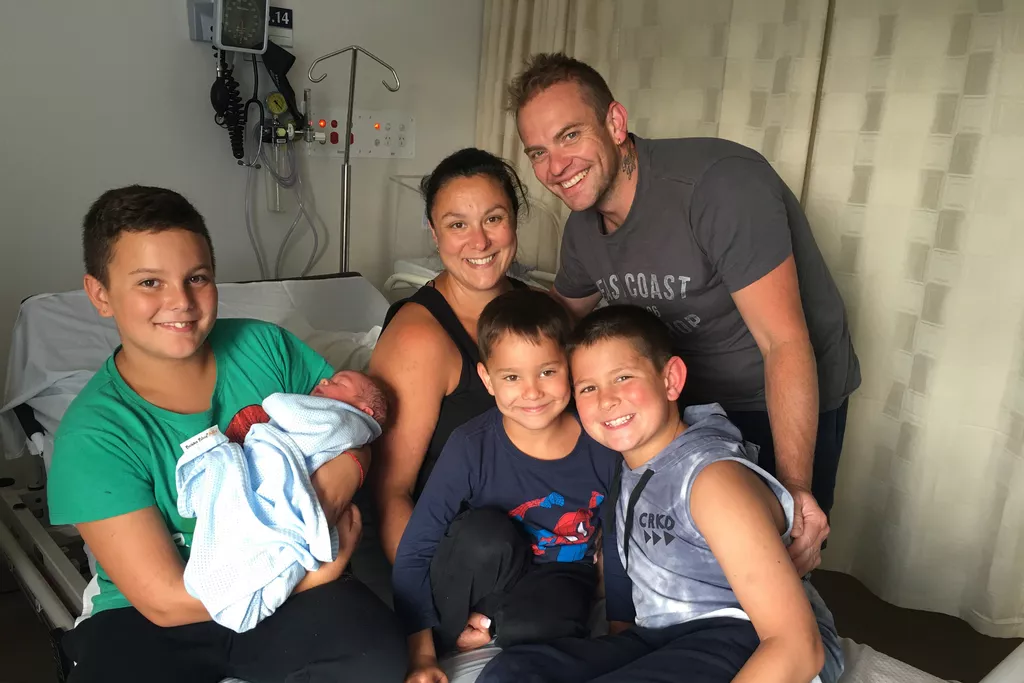
Developing a world-first treatment to protect people from stroke
Stroke affects an estimated 11,000 New Zealanders every year and is New Zealand’s second biggest killer. More than 30 per cent of surviving stroke patients suffer debilitating disabilities even after treatment and require long-term health care and support.
You became part of a world first in developing urgently needed treatments for stroke, when you supported a team of HRI and Victoria University of Wellington researchers in initiating investigations into light-sensitive drugs that can be activated for targeted therapy to treat stroke – something that has never been done before.
Through this cutting-edge field of photo-pharmacology, drugs can be “turned on” exactly where they are needed – such as at a blocked blood vessel in a person who has suffered a stroke to destroy dangerous blood clots – but “turned off” elsewhere in the body where the ability for blood to clot is still necessary.
Preventing heart attack and stroke in people living with diabetes
Over a quarter of a million people in New Zealand have been diagnosed with diabetes, and this number is rising daily. Sadly, people living with diabetes have a greater risk of cardiovascular disease and complications, such as an increased risk of heart attack and stroke. Platelets (blood cells that control bleeding) are critical in the development of cardiovascular complications, but there is no reliable way to measure their reactivity to identify patients who are most likely to suffer a devastating event like a heart attack and stroke.
Your loyal support has funded our research into platelets and how they act in people with diabetes, via a collaboration with the University of Auckland. This brings us one step closer to developing a way to identify and monitor people who are at risk of cardiovascular complications, and potentially identify new treatment methods to protect them from heart attack, stroke and other life-altering cardiovascular events.
Thank you for changing lives.
You are making it possible for families to spend precious moments together.
After suffering a devastating heart attack at the age of just 40, Matt worries about what this could mean for his three-year-old son, Clancy. “I hope that one day we will better understand heart disease and how all the individual things that make you you and me me play a part. I want Clancy to have all the personalised care and support he may need, should he face anything like this.”
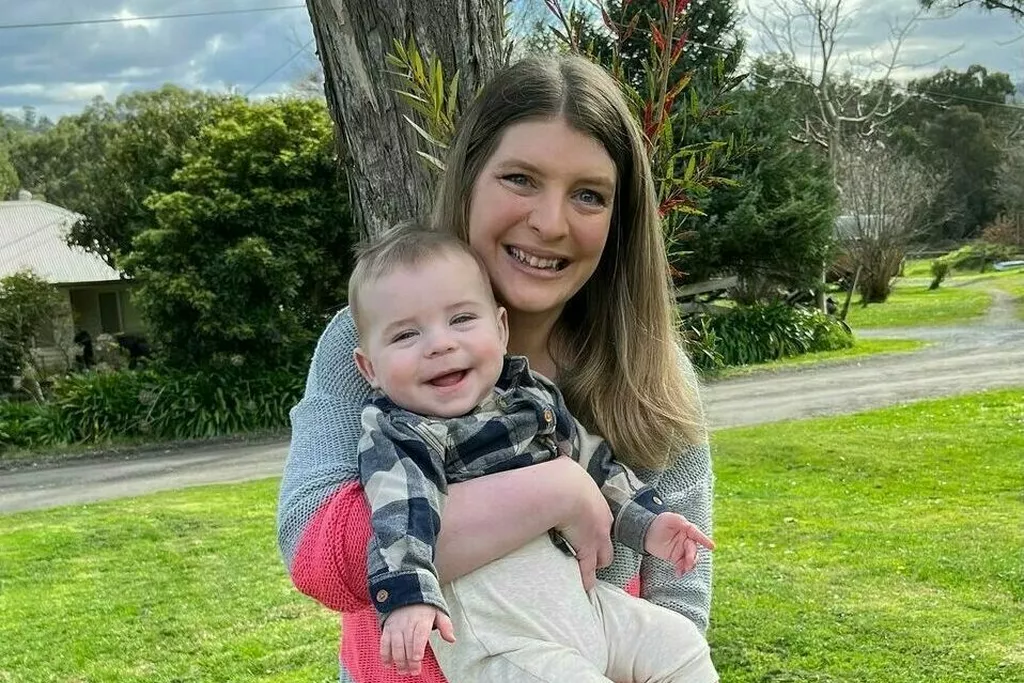
Read the stories of people that support like yours has helped

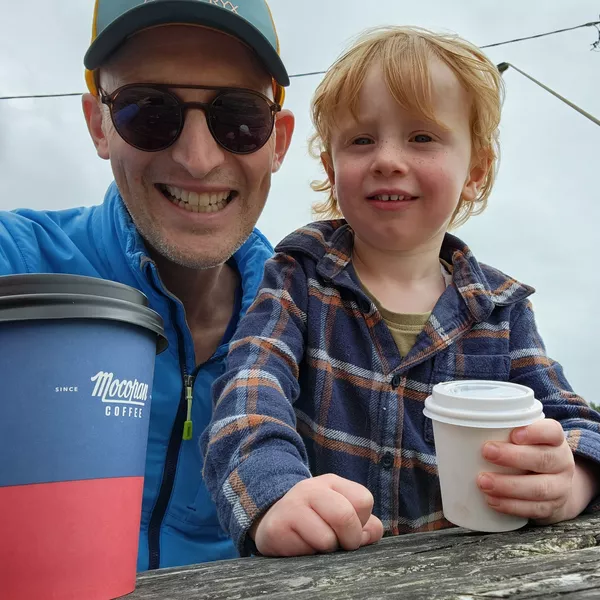
Matt and Clancy’s story
“I want to be here for my son Clancy.” – Matt, who suffered a heart attack at 40
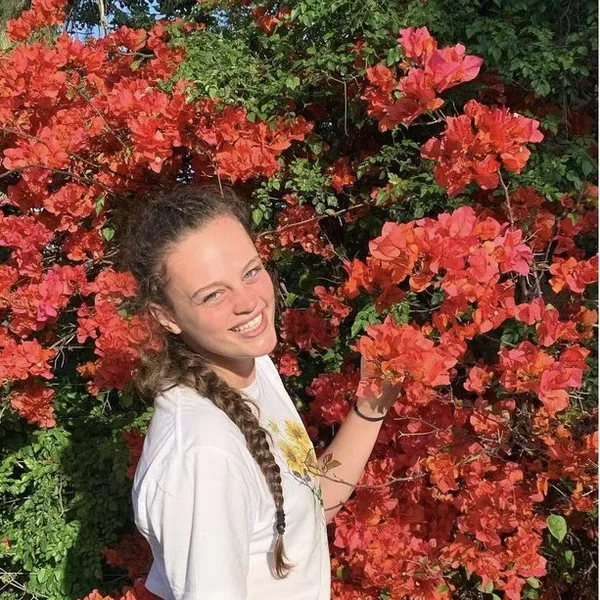
Taylor
“I’ve been given this incredible opportunity to live, so I need to live out my potential now.” – Taylor, 22, living with just half a heart
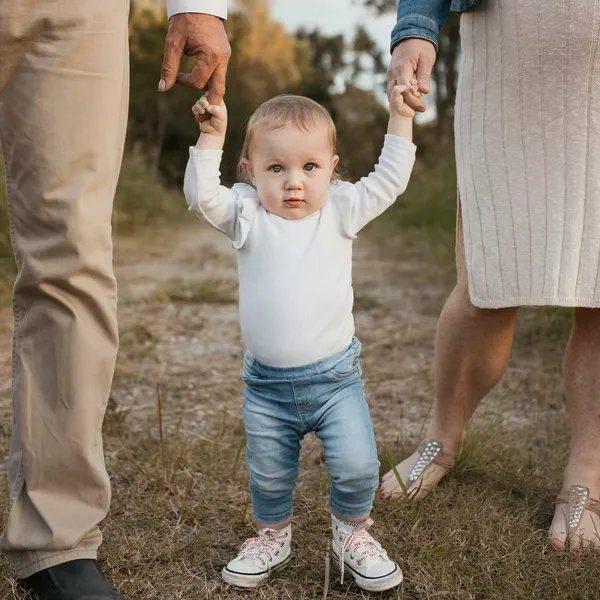
Riley
"Riley is almost three now and looks and acts like a normal toddler. We are so grateful." – Riley was born with complex congenital heart disease
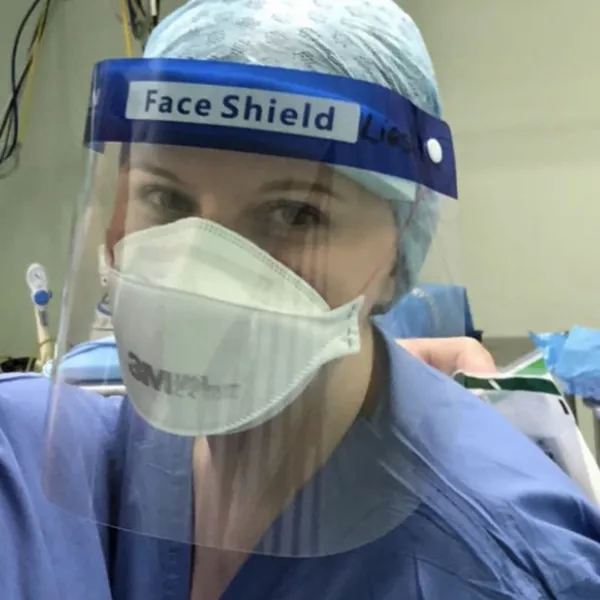
Liesl
“It’s vital to research new ways of surgery. By understanding the condition more, we can shape the future.” – Liesl, who had a heart operation when only 2 days old
Thank you for supporting rising stars in research.
You are launching the next generation of Kiwi researchers into the fight against cardiovascular disease.
Georgia Watermeyer, from Auckland, has joined HRI’s Fluxomics Centre and is one of nine talented researchers you supported. “I would like to thank the donors who are making it possible for people like me to continue my research career and make a difference to so many lives,” she said.
You are critical to the fight against cardiovascular disease.
The generosity of people like you provides 80 per cent of the funding for our life-saving research.
The only thing that can help eliminate the needless suffering of millions of Kiwi hearts is medical research – and people like you.
